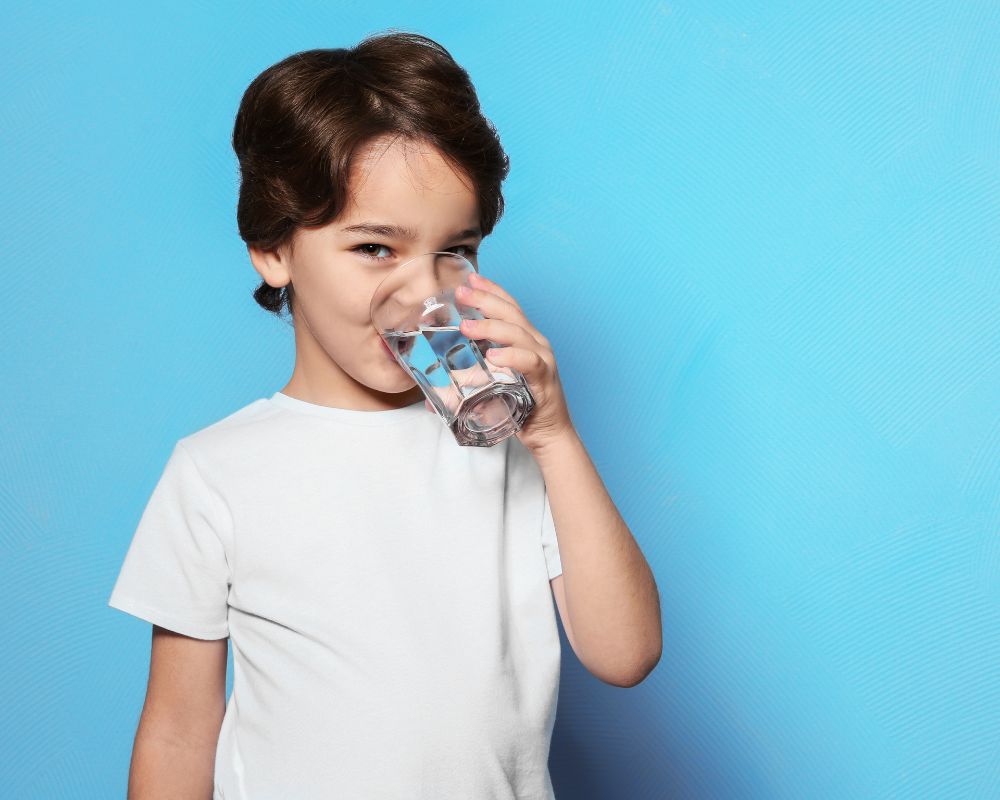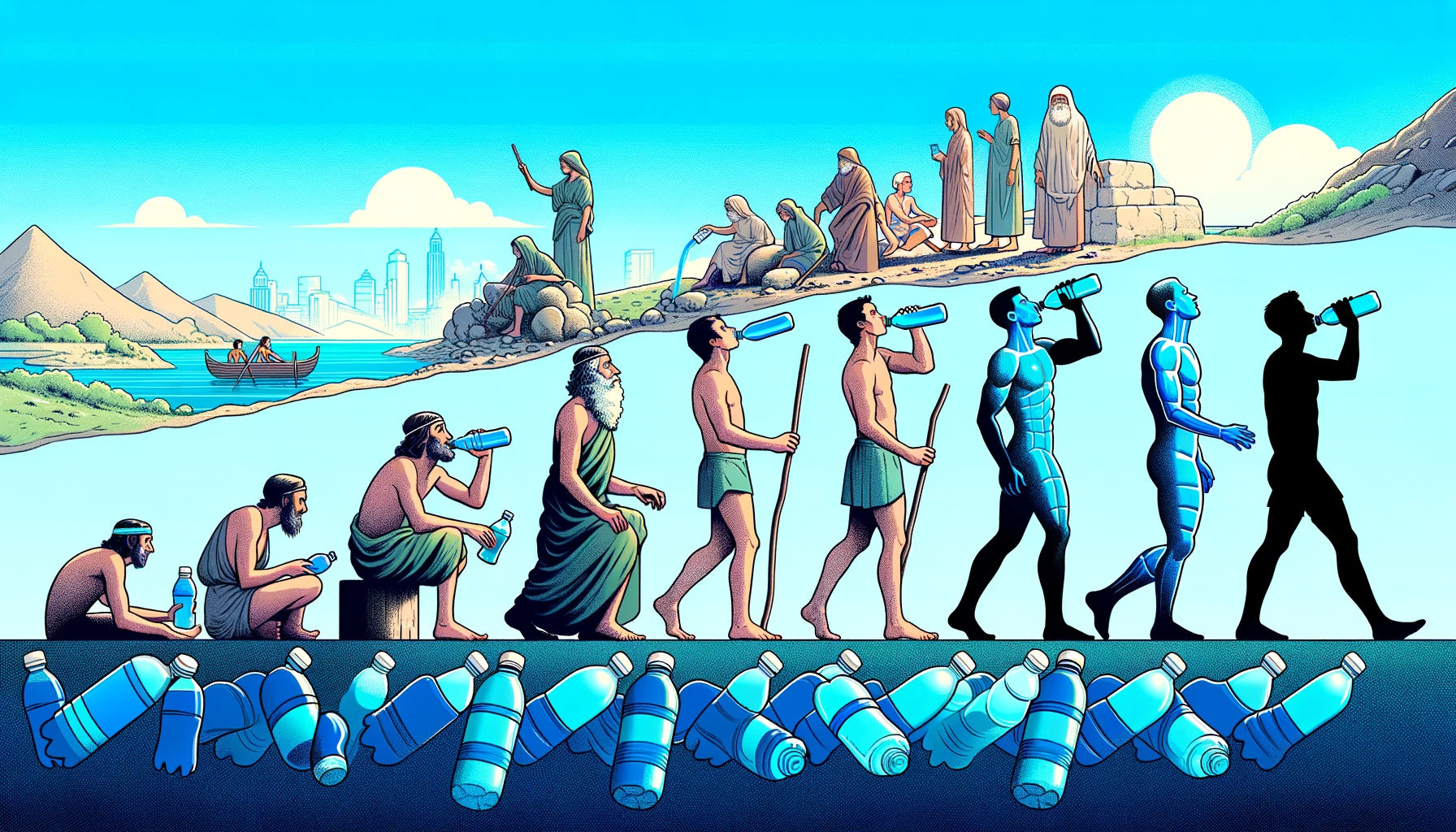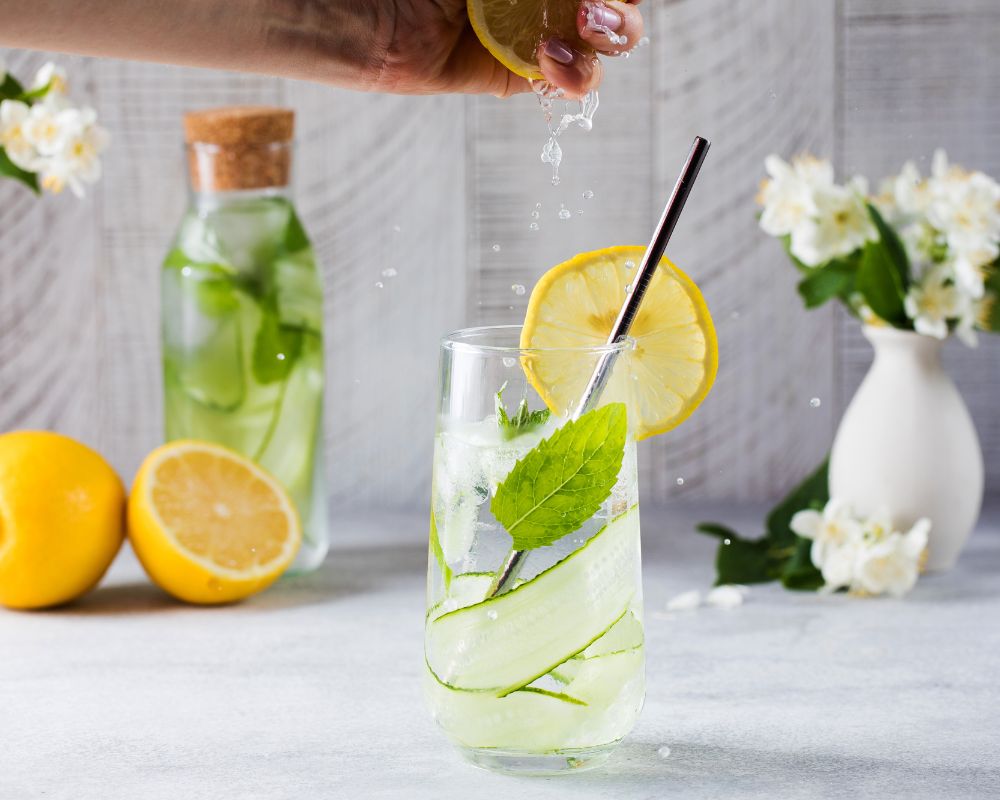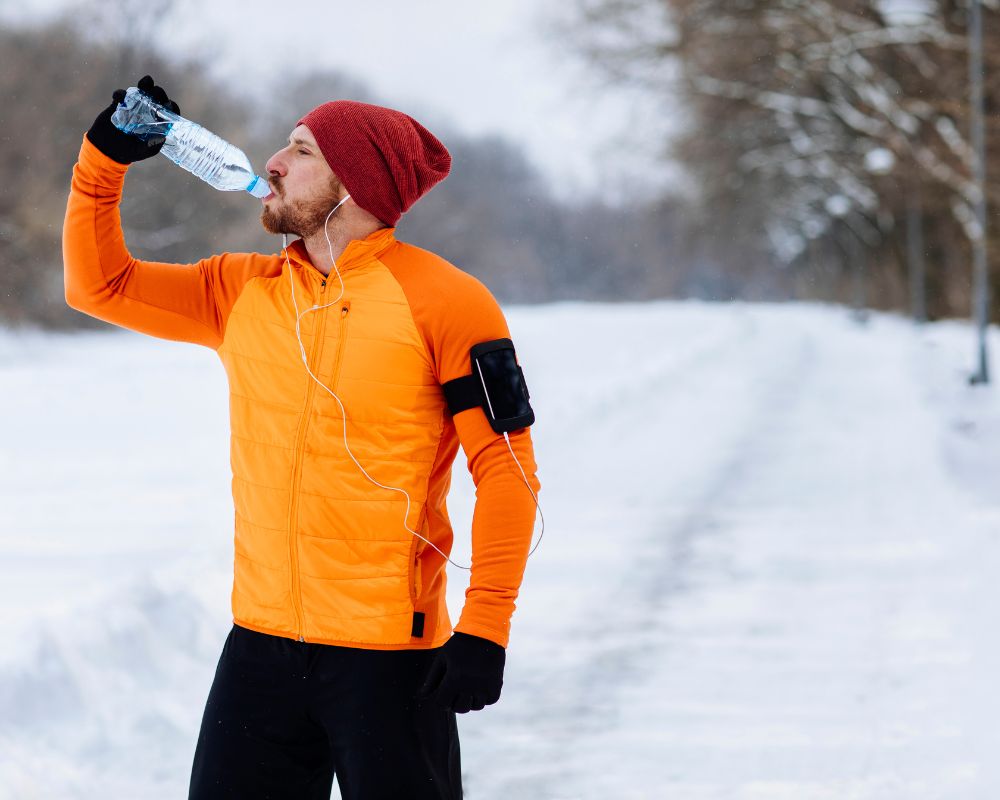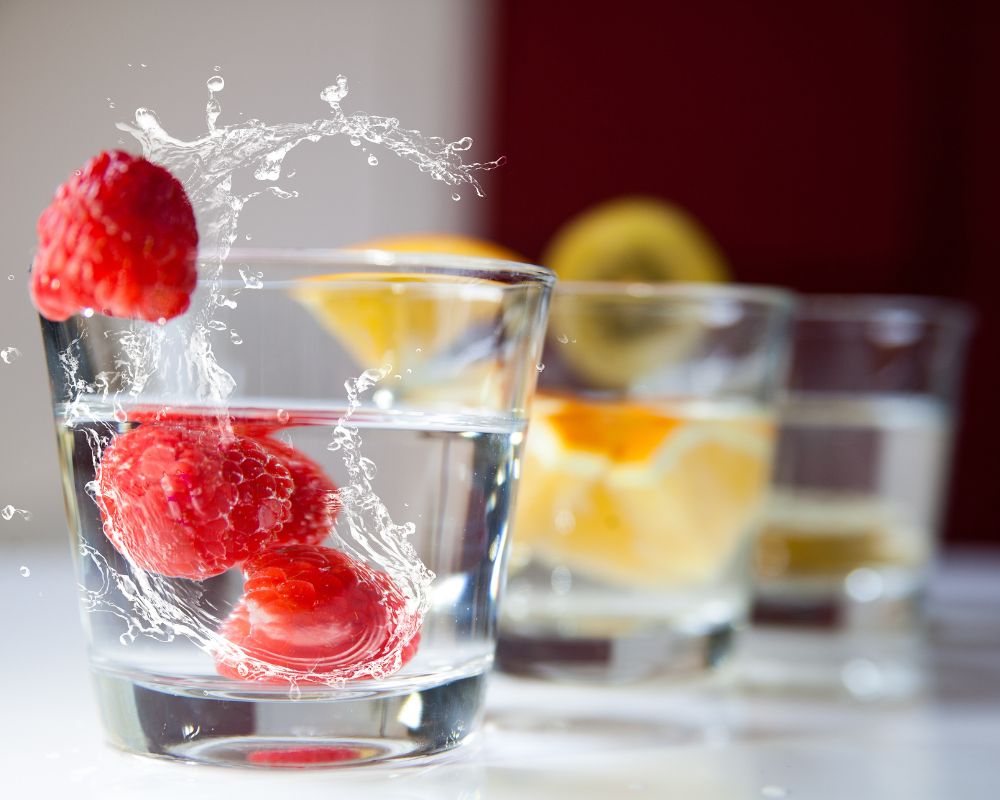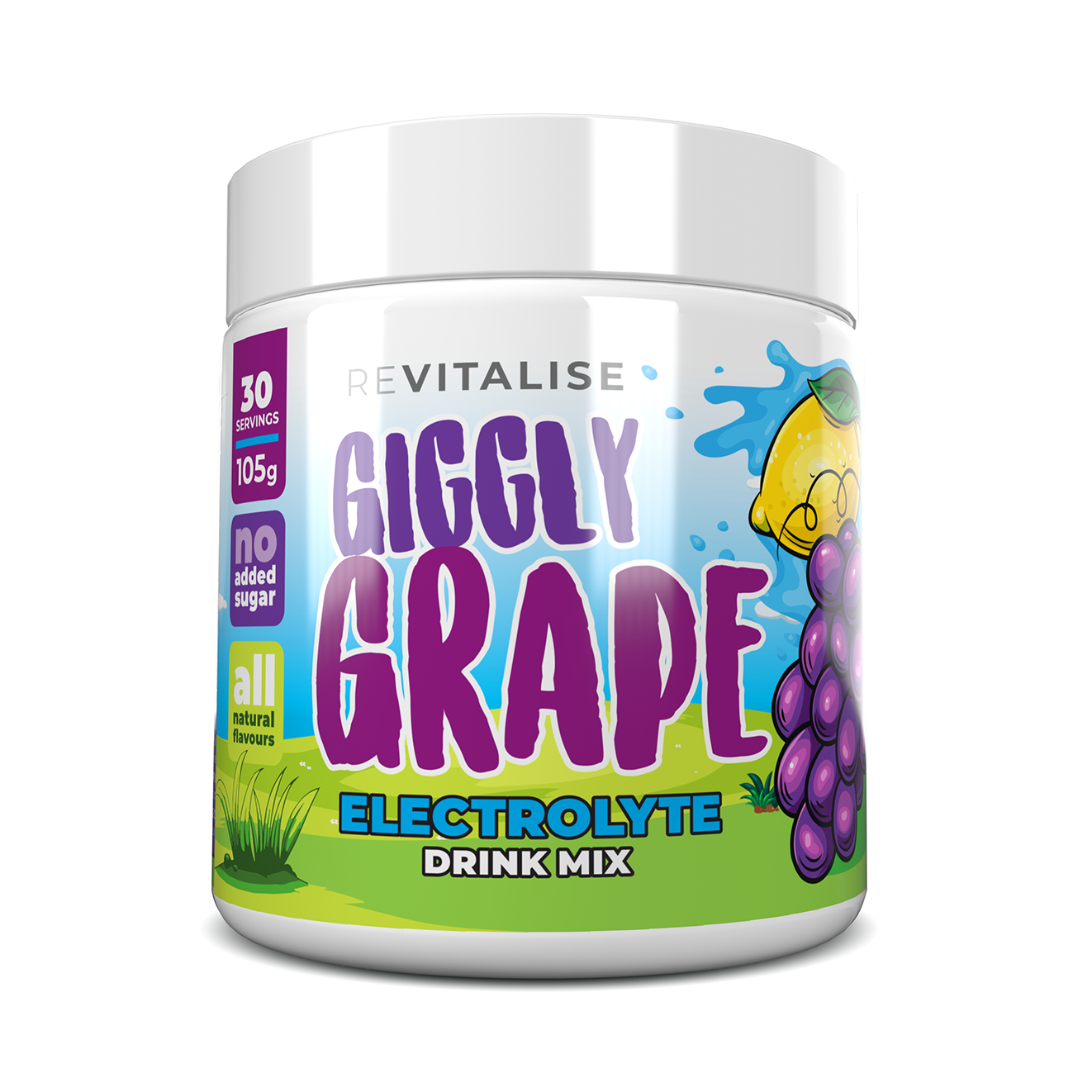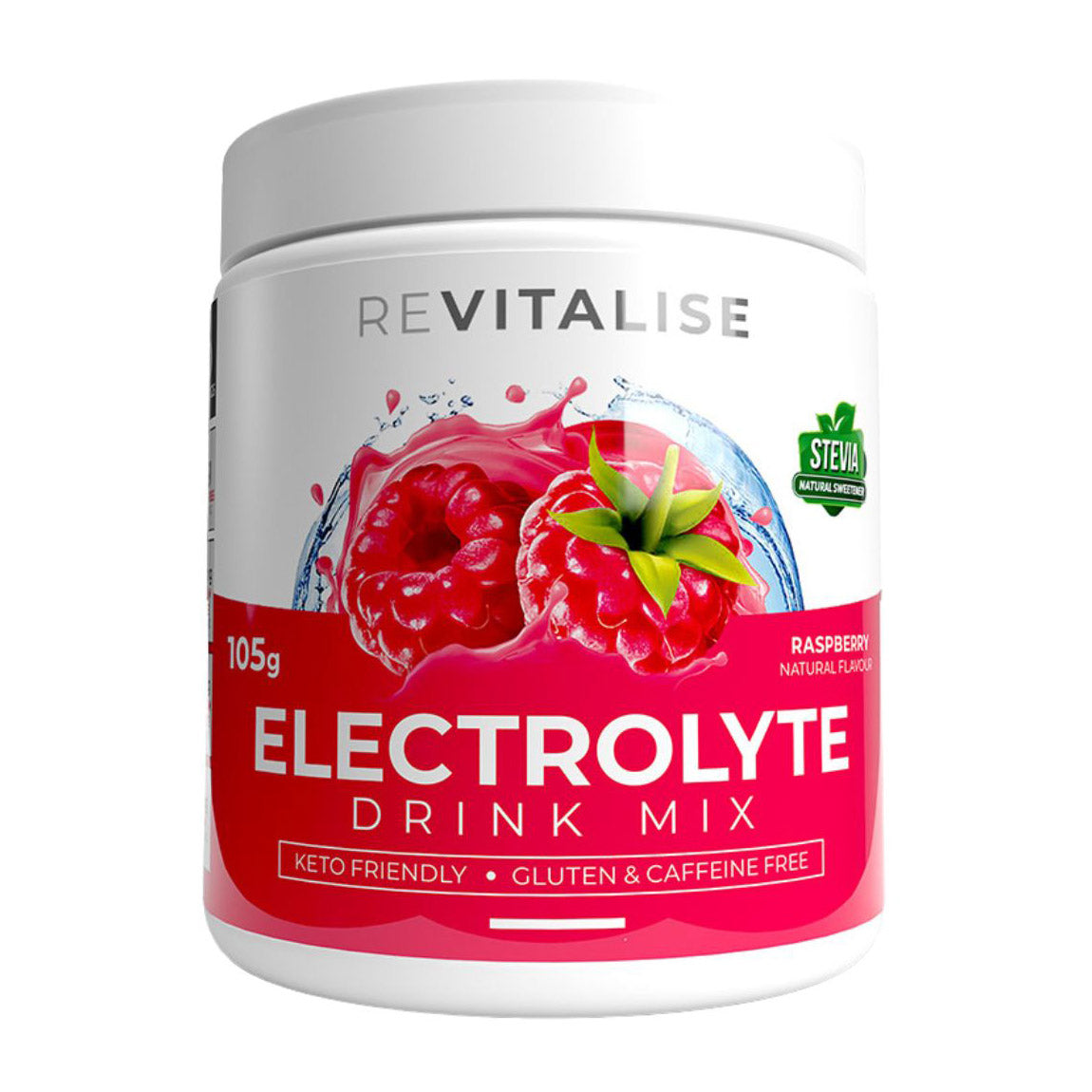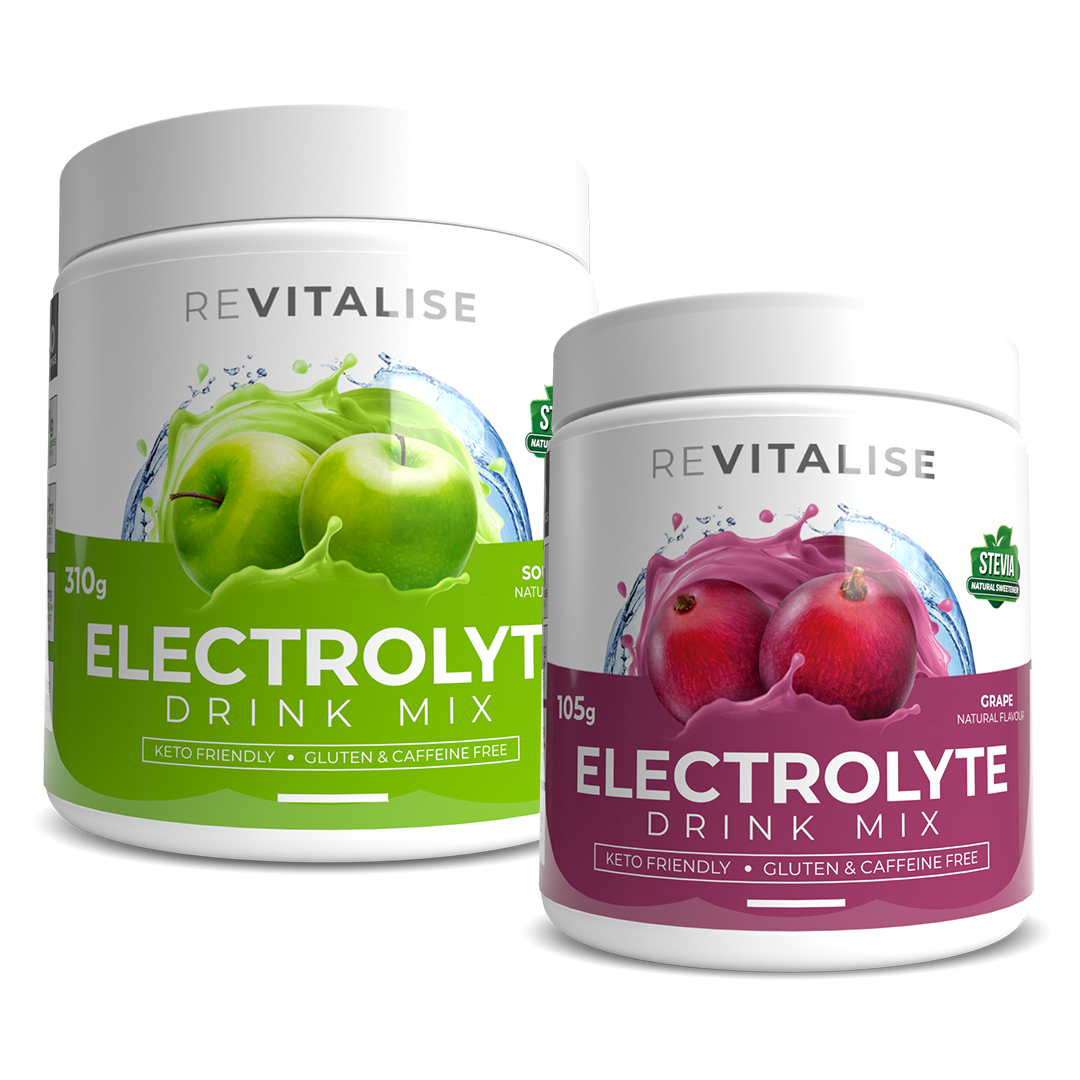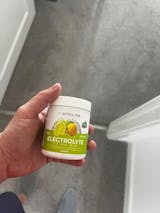It’s easy to think about hydration in summer, however it's just as important to stay hydrated and topped up with electrolytes in winter.
Water is an essential component and makes up nearly 60% of your body weight. Your body depends on water to survive as well as regulate essential everyday functions. Dehydration can cause disruption to your gut health and normal bodily functions.
Most people associate water loss with sweating, activity or heat, but we lose water through many other ways like breathe, perspire, urinate, bowel movements, muscle contraction and internal organ use.
The recommended daily water needs vary from person to person and depend on a few factors including:
According to the Mayo Clinic, the daily intake for women is 2.7 liters or 91 ounces and the daily intake for men is 3.7 liters or 125 ounces. These daily values include water and high-moisture foods such as watermelon, soups, fruits and vegetables. In fact, foods with increased water content can account for 20% of your total water intake.
Don’t Overdo It!
There’s no specified limit for daily water consumption, however, drinking 1 liter per hour or more, for a prolonged period of time, water intoxication can occur. This will reduce sodium levels resulting in, head pain, cramping, nausea, vomiting, drowsiness and fatigue. Adding electrolytes to your daily water intake can be a good idea to keep vital minerals in check.
Signs of Dehydration
In colder weather it’s more difficult to notice sweating, it could be subtle under the extra layers of clothing and drier air can cause our bodies to become dehydrated without us even noticing. That’s why it’s important to drink water throughout the day. Staying hydrated through the winter can boost your immune system and give your body the support it needs to fight off infection, and assist you to feel warmer, as your body uses water to help maintain a temperature balance and when you aren’t adequately hydrated, your body can become cold.
Signs that you may be dehydrated include thirst, flushed skin, dark coloured urine, dry or sticky mouth, headache, muscle cramps, dizziness, dry skin, and rapid breathing or heart rate.
Ways To Stay Hydrated
A few healthy ways to increase your daily water intake include:
Stay hydrated and healthy throughout the winter months ahead!
Revitalise contains 6 electrolytes and the amino acid glycine in the ideal ratio to support your body all day everyday. Sitting at your desk or out on the roads you can feel great knowing your hydration and electrolyte needs are being met daily.



